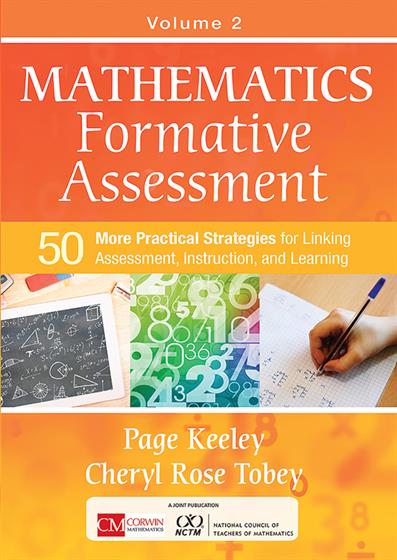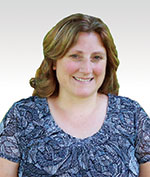Hands-on, Practical Guidance for Educators
From math,
literacy, science, equity, multilingual learners, and SEL, to assessment, school counseling,
and education leadership, our books are research-based and authored by experts
on topics most relevant to what educators are facing today.

Bestseller!
Mathematics Formative Assessment, Volume 2
50 More Practical Strategies for Linking Assessment, Instruction, and Learning
A Joint Publication With the National Council of Teachers of Mathematics
This one-of-a-kind resource helps you build a bridge between your students’ initial ideas and correct mathematical thinking. Includes an annotated reference guide.
Product Details
- Grade Level: PreK-12
- ISBN: 9781506311395
- Published By: Corwin
- Series: Corwin Mathematics Series
- Year: 2016
- Page Count: 256
- Publication date: December 30, 2016
Review Copies
Review copies may be requested by individuals planning to purchase 10 or more copies for a team or considering a book for adoption in a higher ed course. Request review copy



